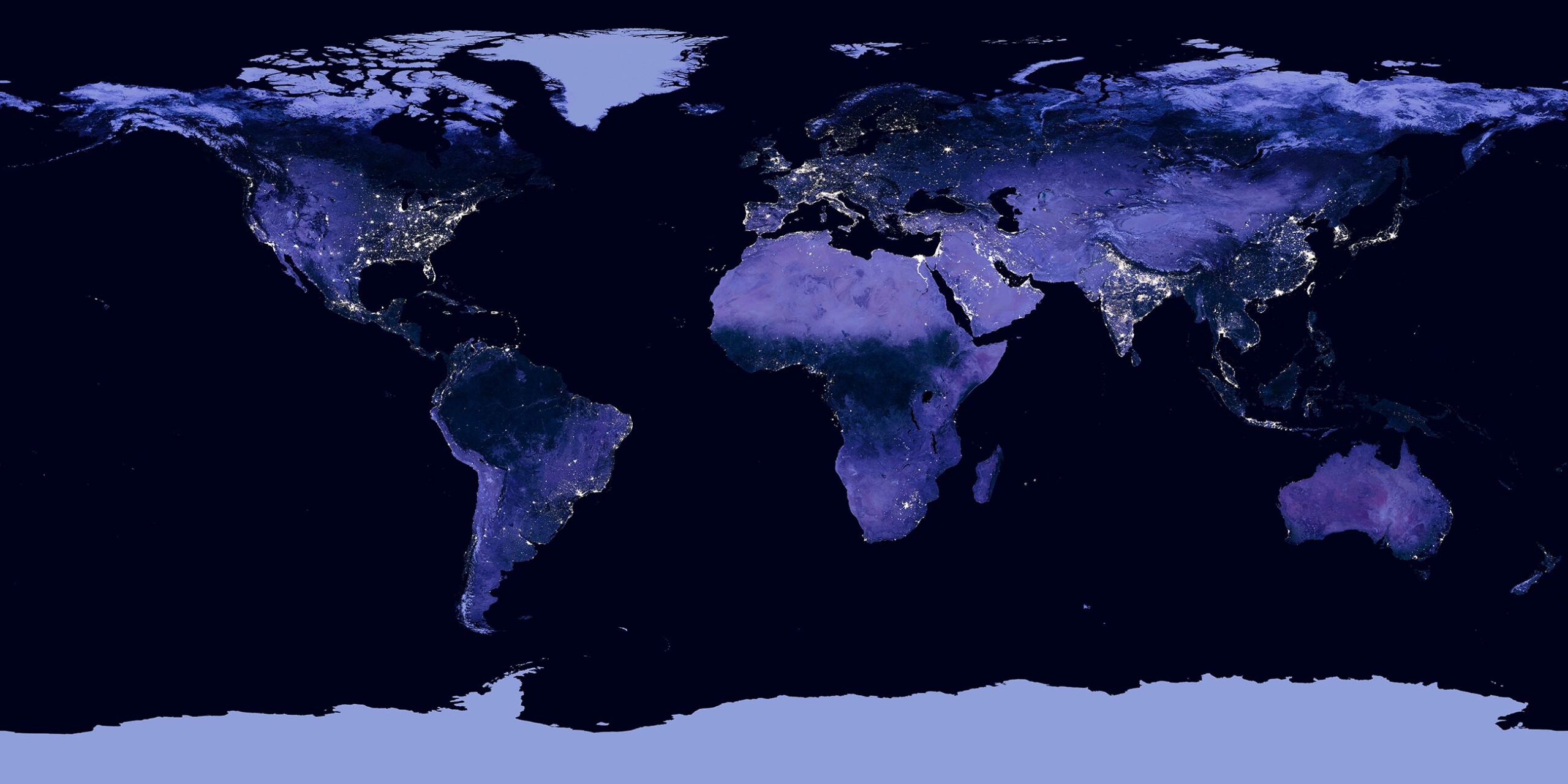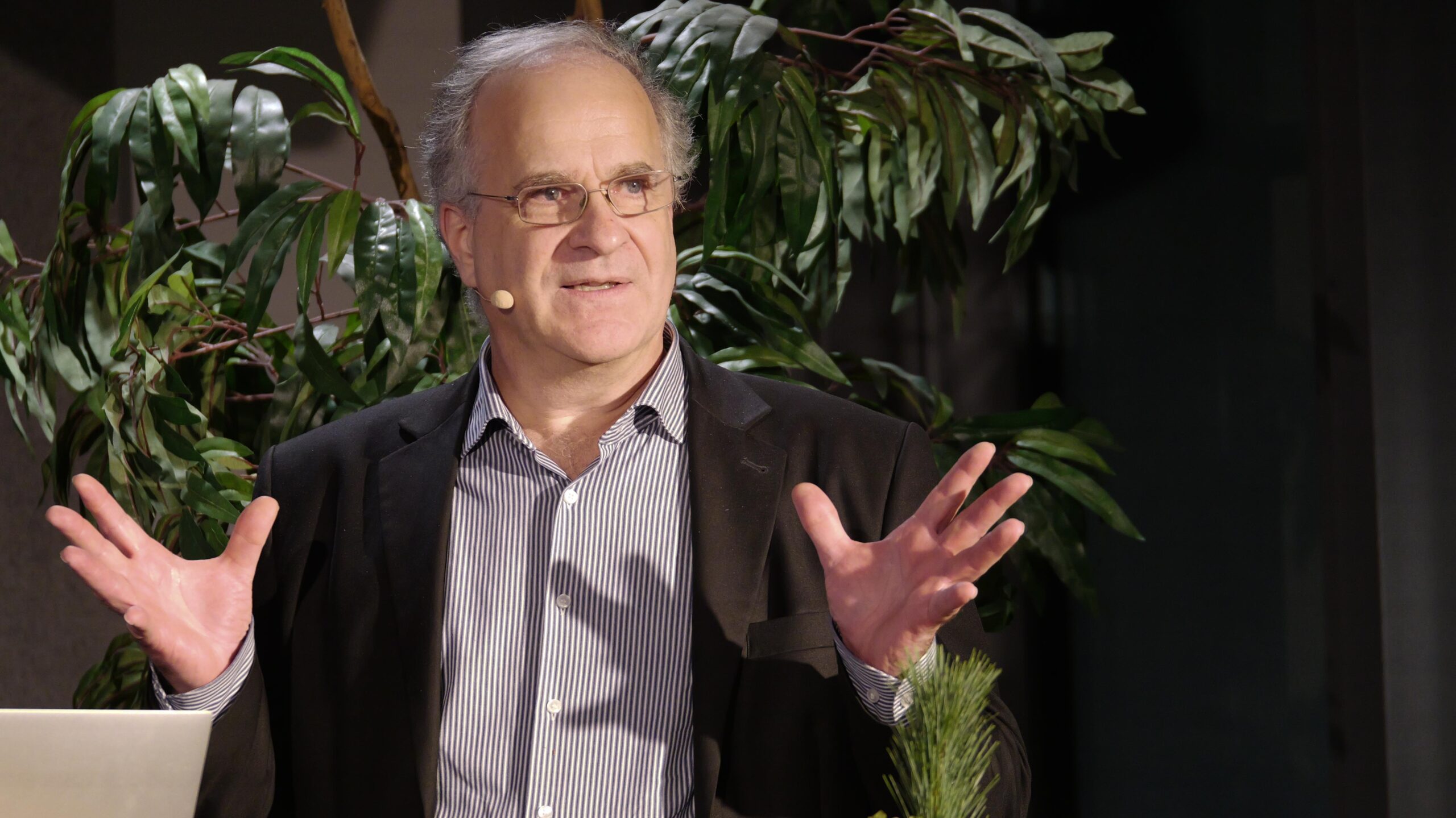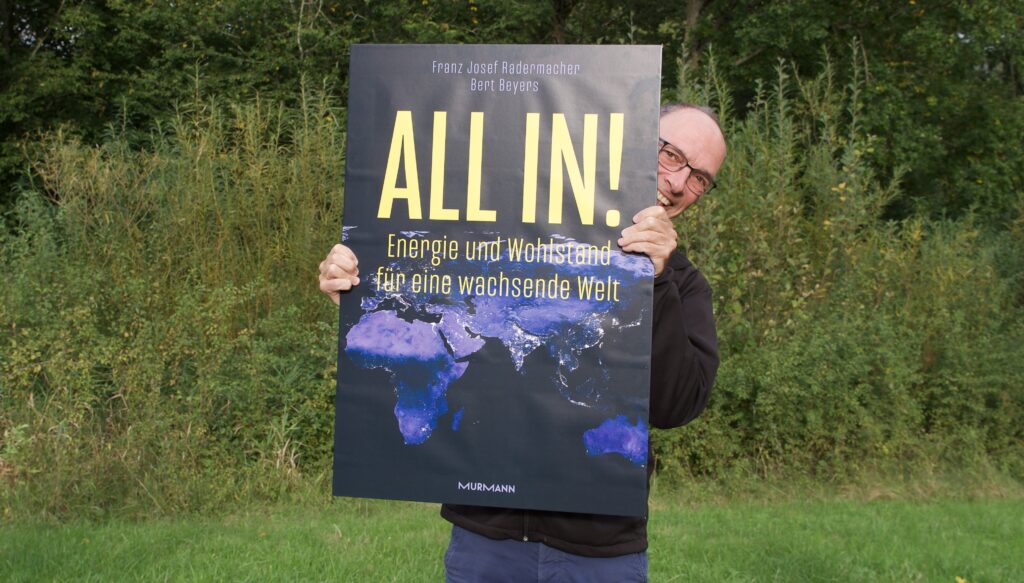In a study, Oxfam criticises the CO2-intensive lifestyle of the super-rich. According to the study, the wealthiest one percent of the world’s population is expected to account for 16 percent of total CO2 emissions in 2030. The inequality of rich and poor in terms of CO2 emissions should be at the centre of the debate.
GES’ assessment of this: The fact that wealth and CO2 emissions are correlated is not surprising. Responsibility for combating climate change should therefore not only be seen as an issue between states, as is the case today, but also as an issue between individuals. For example, a Hartz IV recipient in Germany should not be in the same “pot” as a German millionaire. And Indian millionaires should not be able to “hide behind their poor”. Following the polluter pays principle, those who have caused CO2 should contribute to climate protection to a corresponding extent, for example in the form of financing negative emissions.




